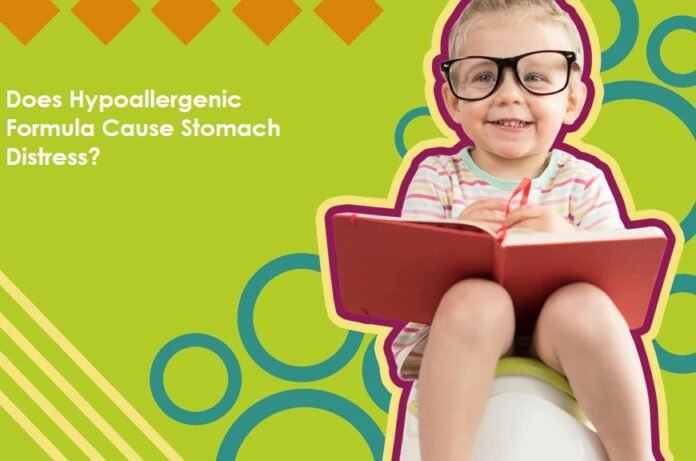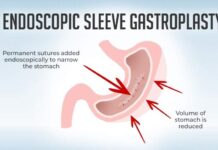Making choices based on a tiny little human who refuses to offer any form of communication other than crying can be a task! As a parent, you don’t have much margin for error, and the only appropriate alternative is to dig for the golden ticket.
We understand precisely what brings you here; concern for your infant’s wellbeing. You want to ensure nothing spoils their digestive habits, and we’re here for it. In this read, let’s rule out the possibility of problematic hypoallergenic formulas.
What Is A Hypoallergenic Formula?
Any HA formula is prepared so that the protein is completely broken down. Yes, complex structures of proteins aren’t preferred as an ingredient for any baby formula. However, in a Hypoallergenic Formula, they are pre-digested and hydrolyzed by over 90%.
Therefore, in a nutshell, it decreases the chance of an allergic reaction taking place in the infant’s body. While they can’t express the discomfort they are experiencing, it can be highly distressing to face.
Side Effects of A Hypoallergenic Formula?
Yes, there are two sides to a picture…but are there? Infants may have allergic reactions to baby formulas during the initial feeding period. However, when it comes to HA formulas, you may be delighted to know that side effects have not been reported in most infants who have switched over.
If you have consulted your pediatrician before making the decision and the baby has had relief from allergic symptoms, you can finally breathe out. Most likely than not, your child will be in safe hands.
Nonetheless, that’s not where the story ends.
The Impact of HA Formulas on CMPA.
Unfortunately, even a hypoallergenic formula does not have more than a 90% success rate. And if you’re wondering what the 10% is lost to, that would be infants with cow milk protein allergy (CMPA).
Yes, hypoallergenic formulas are incredibly cautious when it comes to the breaking down of milk protein. However, what if the protein itself is the problem? Some children may still be allergic to HA formulas because they contain milk protein (no matter how hydrolyzed). In a severe reaction, the infant may experience wheezing, diarrhea, skin rashes, and other symptoms.
How To Overcome The Side Effects Of Hypoallergenic Formulas?
To diminish such risk, please consult a child specialist before switching to a new baby formula. If the pediatrician warns you of any potential allergy that the child might have, get the baby tested for it. There are always safe alternatives to choose from.
Why The HiPP HA Formula Is The Best Market Pick?
HiPP HA Stage 1 is a great way to start with the supplementary diet if your child has been screened for any threatening allergies. It contains all the nutrients that a simple baby formula comprises and is EU regulated.
On top of this, to stay loyal to their customers and provide nothing less than top-notch quality, HiPP has run tests on their HA formulas multiple times. For about 24 years, it has repeatedly proven to be a success in what it was meant to do; provide a healthy diet and protection to your infant.
Also Read : What Should You Do To Care For Your Waterproof Pillow Protector?



































































